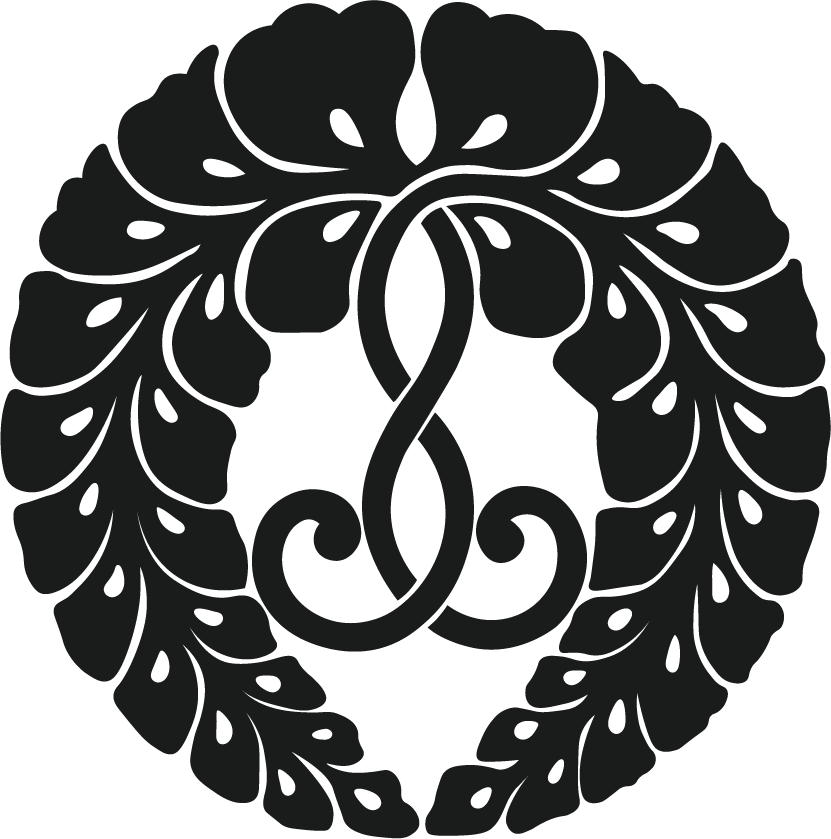None of Us Are Safe Until All of Us Are Safe
By Rev. Matt Hamasaki | Ministers Blog
I recognize that at a majority ethnically Japanese American church, I do not need to speak about why it is wrong to hate Asian Americans. However, I do feel that because of the recent media spotlight on violence against Asian Americans, it is vital for me to address it.
I intentionally say recent because this is nothing new. There has been violence against Asians in America since there were Asians in America. There have been small stretches of time that the violence has been highlighted less, but it has always been there. It is indicative of a larger problem of our nation.
We are again entering a time where it is convenient to place blame on a group of people simply because of the way that they look. This has happened time and time again and it is nothing new for Asians to be targeted. Obviously, we want this cycle to stop. So, if this history is cyclical, how do we change it?
As Jodo Shinshu Buddhists, what is first and foremost is to look at ourselves. How are we feeling about what is happening to our community? I cannot speak for everyone, but perhaps you relate to my experience. Afraid for our safety, especially the safety of our elder population. Angry at those who would condone and perpetrate such despicable acts. Sad from how our hearts hurt for the families who have had loved ones attacked and lost. It is imperative for us to take the time to recognize these feelings and emotions within us. Because as Jodo Shinshu Buddhists, after we look inside, we must look out to the world and people around us.
When George Floyd and Breonna Taylor and so many others died, both in recent memory and throughout the history of this nation, the Black community’s hearts hurt together. When families are separated at the border, the Latinx and Hispanic communities were furious with the policies that separated them. When the Twin Towers fell on 9/11, the Muslim community was afraid for the safety of their population. To see the reality of our existence is to recognize that the emotions we feel are the very same emotions of any minority group in the nation — that we all face discrimination, violence and hate; that we all suffer at the hands of a society that would be happy to ignorantly and mistakenly blame a particular group of people for the problems they’re facing.
To try to find a solution to this, how fitting is it that today is our Ohigan, the service of the Other Shore. The explanation of the name of this holiday is that the Other Shore is the shore of enlightenment and the shore we’re on is the shore of this world of suffering. The teachings of the Buddha are the raft that will take us there.
I would like to focus on this raft and my interpretation of it in the difference between a Mahayana path and a Theravada path.
There was a large separation in Buddhism between Mahayana and Theravada in terms of their focus as Theravada, the school of the elders, was concerned about individual enlightenment whereas the Mahayana, the Great Vehicle, was interested in the enlightenment of all beings, hence the name Mahayana.
We are one of the many schools of Buddhism that belong to Mahayana and, in my opinion, the one that is most open to all people. In my mind’s eye, our raft, the raft that will take us to the Other Shore, to True Reality, is the biggest. It has room for everyone.
Looking at the other metaphorical rafts, some rafts may be big enough for one person. Some rafts may be big enough for entire communities. But our raft is big enough for everyone and the only way we can make it, the only way we would want to make it, is if we have enough people on board.
The lesson I believe we can learn from this teaching is that the only way for us to stop violence and hate against the Asian American community is if we stop violence and hate against all communities.
To try to protect only one community is a vain attempt and will lead to only evanescent relief. It will temporarily relieve the symptoms, but not remove the cause and, inevitably, the pain will return. Should we speak out against Asian American hate? Absolutely. As Asian Americans, it is important for us to be the leaders and the loudest voices. But it can’t stop there.
We must support other minority groups in their efforts to challenge systemic American discrimination. Like I mentioned earlier, if we truly look at ourselves and the feelings we have, we see that they are no different than those felt by the other marginalized communities. And the only way we can make real, lasting change is if we stand together against systemic racism.
In the spirit of Ohigan, of Mahayana, of Jodo Shinshu — none of us are safe until all of us are safe and in the words of civil rights icon Fannie Lou Hamer, nobody’s free until everybody’s free.

